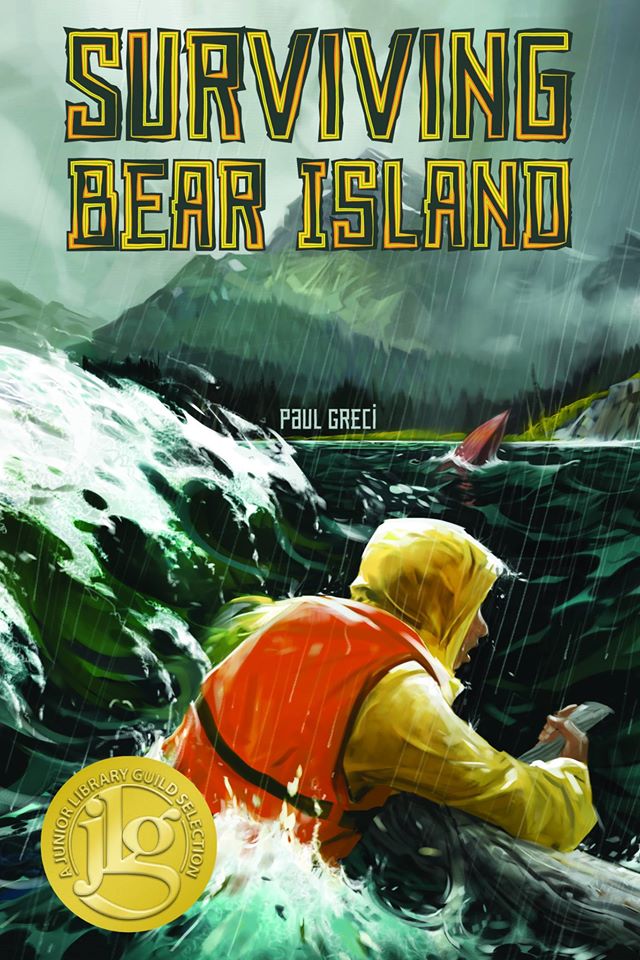
Through Writer’s Digest, I signed up for a webinar given by Cheryl Klein, a senior editor at Scholastic. First, let me say that Cheryl didn’t waste one second of her 90 minute slot and delivered a specific and interesting set of ideas about how to structure and plot your novel. She has a book out, Second Sight, which I don’t yet own, but judging from the table of contents it covers what she covered in her presentation, and much much more!

Cheryl’s analysis of the three act structure and ways to employ it, her thoughts on emotion and action plots, and how to create interesting characters were all top-notch.
Another cool thing about Cheryl’s presentation was that while she did give many points and tips on plotting a novel from beginning to end, she also pointed out the myriad ways to get from point A to point B, the different avenues to explore. It’s like, okay, here’s a map with dozens of intersecting roads and trails, and based on the story you want to tell you need to pick the route and the person(s) traveling the route. So, while she emphasized structure and offered very specific techniques, her ideas were in no way limiting. In fact, they were expansive. Here’s a link to Cheryl’s list of questions to ask yourself about your plot.
I’’ve been to several writing conferences and own over a dozen writing craft books, and I’d definitely take another workshop from Cheryl, and I’ll probably buy her book.
Three ideas she discussed toward the end of her talk have stayed with me:
Truth and emotion are more important than a perfect plot.
Characters need to breathe—they are real.
Strive to tell the story as honestly as you can.
Thanks for stopping by.














